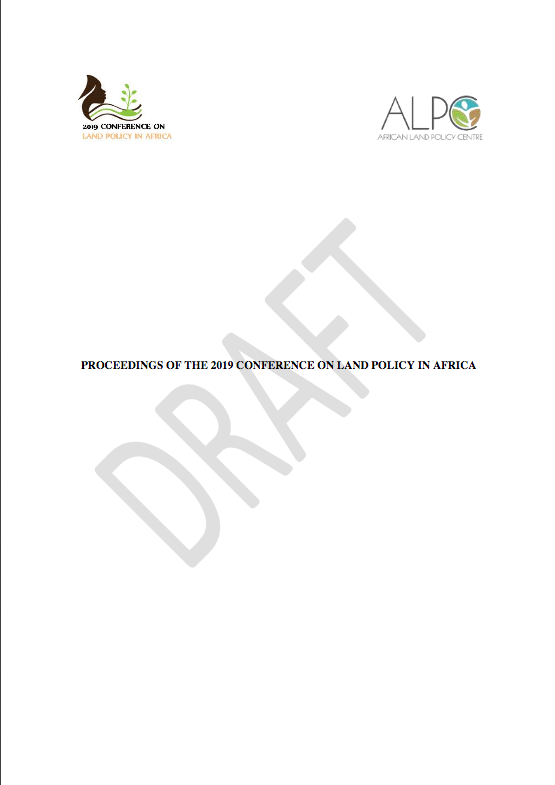‘Land Grabbing’ in Romania and Interlinkages with the Euroskeptic Populist Narrative
The upward land grabbing trend in Eastern Europe has remained understudied, as well as its strong interlinkages with political narratives - more specifically with the ones proposed by Euroskepticism and populism. The current paper looks at how land grabbing has emerged as a topic that fits the Euroskeptic populist discourse in Romania, despite the high levels of trust in the European Union that has characterized the country ever since its EU accession in 2007.





